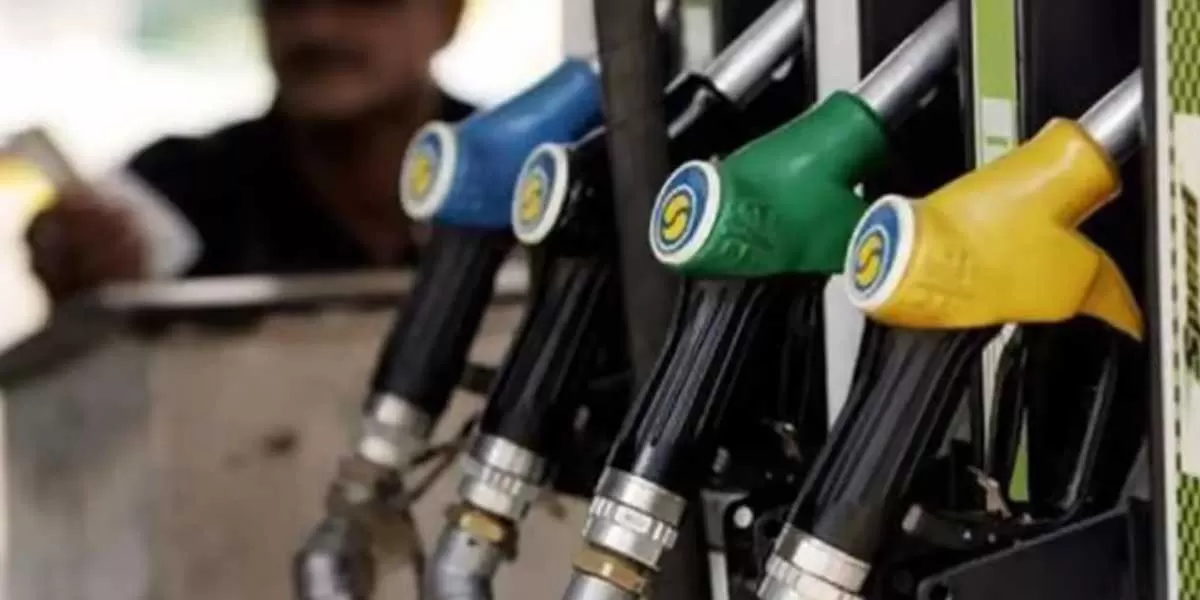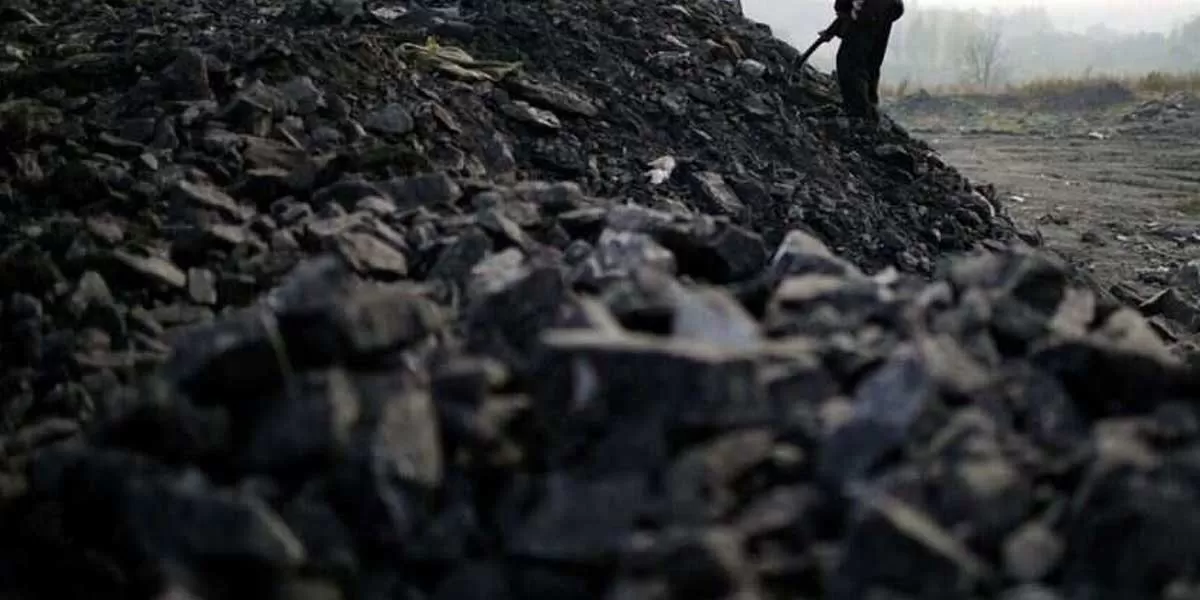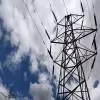
India Plans to Develop Local Supply Chains for Bullet Trains

IT Raids on Gujarat Builders Uncover Rs 100 Million
The Income Tax (IT) department's ongoing search at the premises of three builder groups in the state has led to the recovery of more than Rs 100 million in cash and incriminating documents, according to sources. Initially, 34 locations were targeted in the operation, but six additional sites were subsequently included, increasing the total to 40. Sources revealed that during the preliminary investigation, officials uncovered fake loan entries, bogus transactions, and undisclosed investments in land and properties that were not reflected in the final accounts. The full extent of the tax evasi..

Ethanol Blending Hits 14.6%, Saving Rs 750 Billion in Forex Since 2018
Ethanol blending in petrol reached a record 14.6 per cent during the Ethanol Supply Year (ESY) 2023-24, with over 7 billion litres of ethanol blended, representing a notable rise from 5 per cent and 1.88 billion litres in ESY 2018-19. Minister of State for Petroleum and Natural Gas, Suresh Gopi, informed the Rajya Sabha about this development. He noted that the government’s Ethanol Blended Petrol (EBP) Programme had achieved nationwide coverage across all retail outlets as of 2024, up from 43,168 outlets in 2019. According to data provided by the Petroleum Planning and Analysis Cell (PPAC)..

Coal ministry picks applicants for Rs 85 billion gasification scheme
The Ministry of Coal recently announced the selected applicants for its Rs 85 billion Coal Gasification Incentive Scheme under Categories I and III. This initiative is part of the government’s efforts to promote cleaner energy solutions and achieve India’s target of 100 million tonnes of coal gasification by 2030. Under Category I, Bharat Coal Gasification and Chemicals, along with Coal India Limited (both independently and as part of the CIL-GAIL Consortium), have been chosen. Meanwhile, New Era Cleantech Solution has been selected under Category III. The Union Cabinet-approved scheme f..













